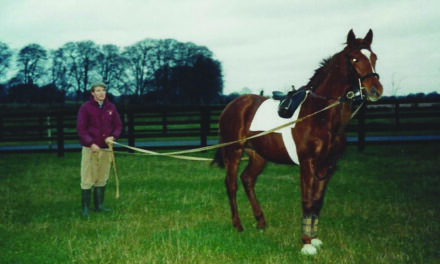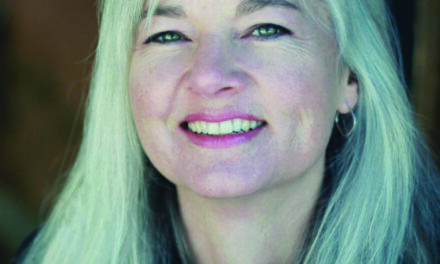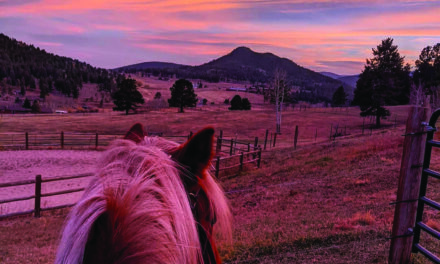***MAY’S ARTICLE WILL BE A SUMMER HORSE SCHEDULE. PLEASE EMAIL ME ANY HORSE ACTIVITIES YOU HAVE GOING ON OR KNOW OF IN THE AREA!***
Horses are one of the lifelong sports that we can enjoy as a child all the way through to our later years. As with any life, horse or human, every journey is unique. Some people may hold onto childhood memories with horses. Some may pick horses up later in life. Some make their living and spend their days with multiple horses refining and continually improving their communication with the horse. No matter where one falls on this spectrum, one never masters communicating with the horse. We are always learning from them and the more we know and learn, the more we realize we have so much more to learn.
As with any population of people, this does not ring true with every horse person. Some have a “fixed mindset” and are closed to any methods and theories outside of the ones they have learned or they are comfortable with. Or they may believe they have already figured out their method, what works for them. Some may think that there is no one who can teach them any more than they already know or could figure out on their own. Working for an esteemed veterinarian for a few years, I learned that patiently listening to the smallest details that a horse owner had to tell, and we all know we can say a lot, could uncover a hidden piece of the puzzle that would be critical for helping the horse. If we listen, we can learn even just a small nugget that can make a big difference. For the sake of the horse and, for that matter, anyone in your life, be a listener and willing to learn with a “growth mindset,” whereby you realize you are always learning.
One of the unique aspects of working with horses is that not only do we have our own personalities, best times of day, egos, daily life challenges, past experiences, physical and mental attributes and struggles, so does the horse. As with any relationship, you add two beings together daily, and every day is different. Add all those aspects together, along with other factors, and each day we are not the same together.
We cannot have a verbal conversation with the horse as we would with a person and explain what we are trying to communicate, then get verbal feedback on their understanding. We must figure out first what we want to “say” and then how we are going to “say” it, mostly through body language. Having a plan is a place to start, but we must be flexible and get out of our own way to always be working on building a partnership with our horse. This goes for riding too, but also grooming, feeding, trailering, cleaning up after—each interaction matters and builds upon the next. We are always training or un-training.
In the Oxford Dictionary, ego is defined as your sense of your own value and importance. Although, there are two sides of the coin—negative and positive aspects to ego. Ego can drive us to improve and be better. Ego can also cause us to push our horse too much; to ask too much of a horse’s natural abilities. Negative ego can also be having a self-deprecating, minimizing attitude toward yourself.
In Paul Belasik’s book, “Riding Towards the Light,” the author comments that “we are all alone and yet there are many of us out there. We could inspire each other with the spirit and integrity of our work, or we can presume, criticize and judge. If a horseman has an abiding respect for his or her own road, then it must show in the respect for others and for the horse. We can never really compete against each other because we are all on different roads. To be a real horseman, I knew I would have to keep a careful check on my own ideas and ego and have true respect for the horse’s life.”
Respect. A positive feeling or action shown toward someone or something considered important or held in high esteem or regard. In all relationships, respect, we could say, is at the top of the pyramid, and all other parts of the relationship cascade from here.
If you respect, you strive to figure out and get along. You want the best for someone. True horse training, or any kind of training/coaching, is not forcing, but making it their idea and them choosing to participate. With horses, we figure out a game they want to play. The wonderful thing is that horses do want to play and connect with us, make us part of their herd. They are willing participants if we get it right.
In the wild, horses don’t hang out with the alpha horse that is vigilant, dominant, and protecting the herd. They want to be around the horse that is a comfort to them. Who do you like to play a game with? The dominant person who wants to win, or the person who is there for the connection and enjoyment of all parties? By instinct and characteristics, humans are predators and horses are prey. Horses run first and then think about what happened after. They are just trying to save themselves. Because of this, we cannot anthropomorphize and assume we think the same as horses, but by attempting to walk in another’s “shoes,” by using the rare ability humans have to reason, we can imagine who we might be that our horse would want to be with and play a game with. That game may be working with cows, jumping, barrel racing, roping, dressage, trail riding, etc. At the same time, just because your horse initially walks away from you does not necessarily mean that they don’t want to do anything today.
Whatever your interactions are with the magnificent horse, on the ground or astride, seek to connect, understand, respect and care for. Stop, watch, listen to them, but make sure you hear what they are saying to you. There is so much more to this conversation, and this was intended to get you thinking and exploring how to build a better partnership with your horse. If you are interested in exploring any of these thoughts further, just contact me to chat, or I can point you toward some authors and books.
Heather McWilliams © 2022




